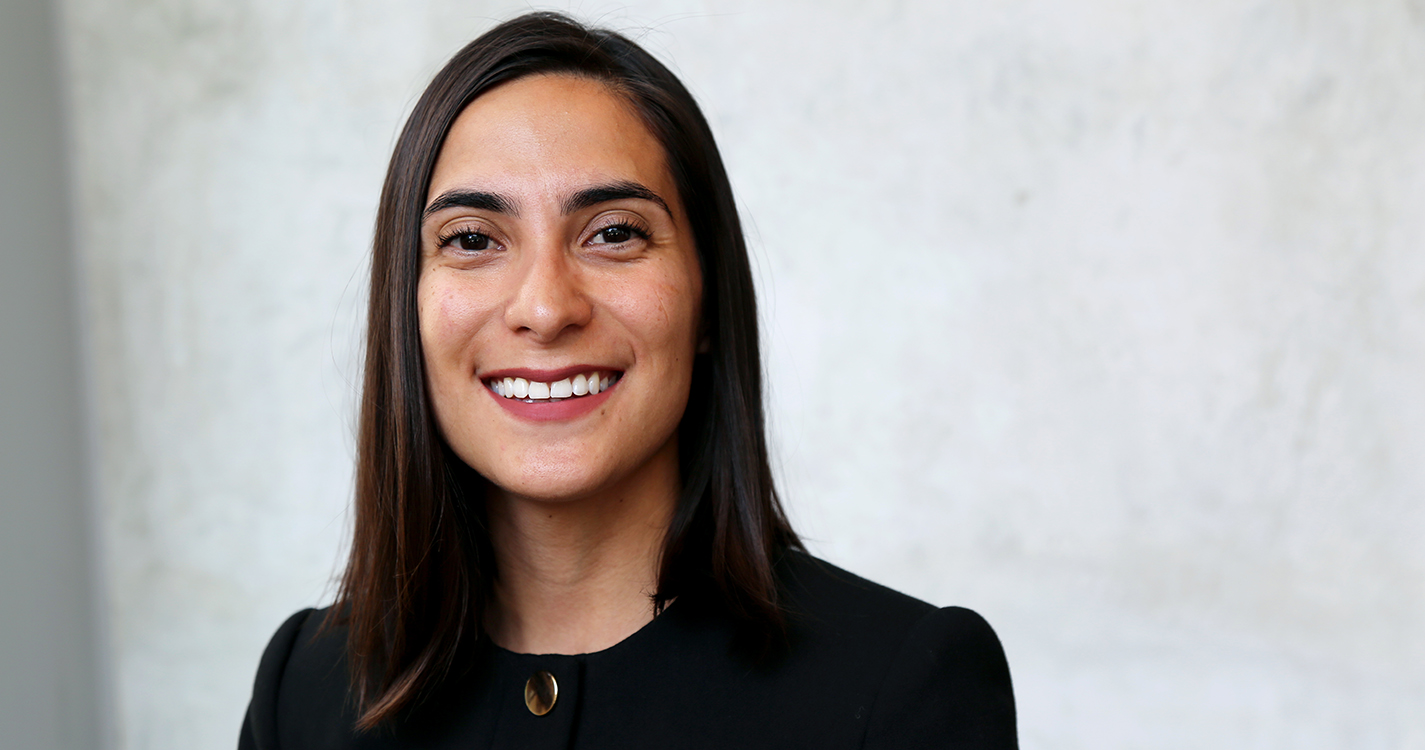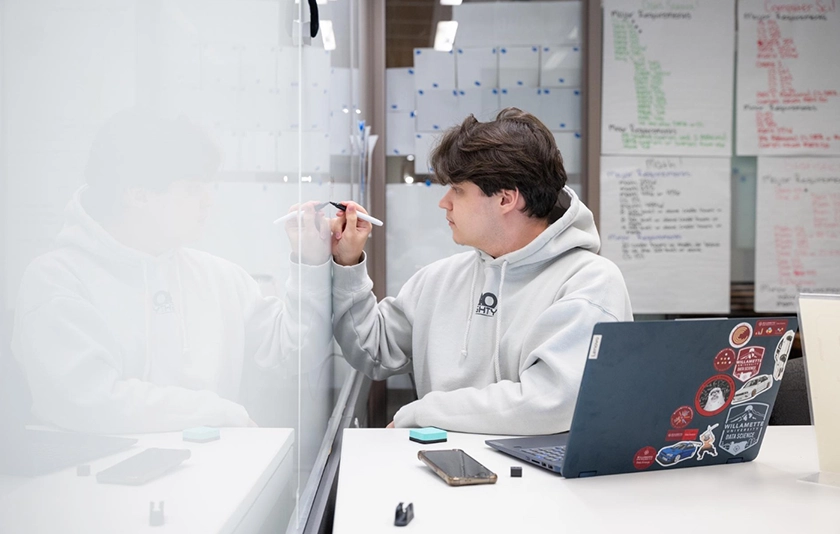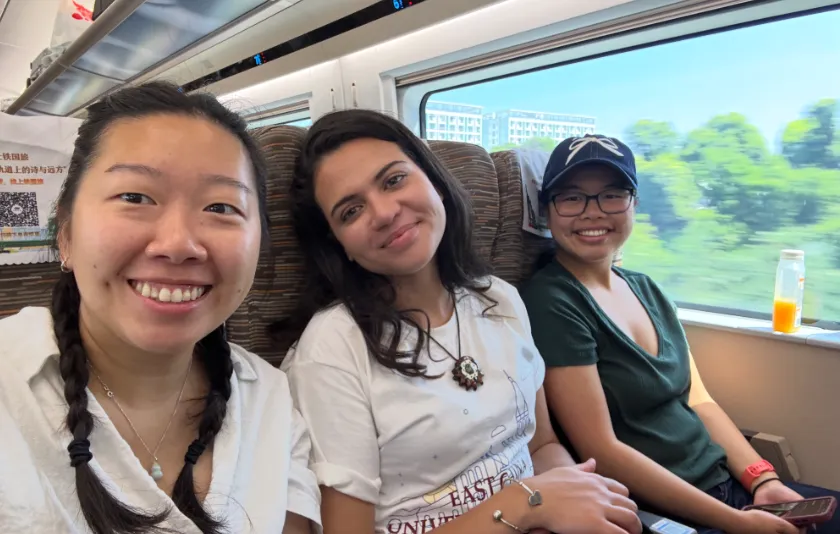In elementary school, Diana Serrano ’10 found herself in a situation common to secondary English speakers: her math skills were advanced but her language skills didn’t match.
Raised in rural Mexico before her family immigrated to the U.S., she spoke no English. This fact isolated her in the classroom — her teacher advised reading the math book by herself — and stifled her learning abilities in a foreign environment.
Serrano’s early experience was difficult, but it drives her career today. At Education Northwest in Portland, where she is a Strategic Data Project fellow through Harvard University's Center for Education Policy Research, she wants to make sure the children of immigrants reach their full potential.
She reached her own through strong support from educators at Willamette University and other institutions. They introduced her to opportunities she didn’t realize existed, leading her to a career in education, data and research across the country, she said.
Undergraduate transformations
Serrano moved past her intimidation of the English language in high school. She gained enough confidence to live abroad with a host family in Germany before enrolling at Willamette, which was close to her family in Woodburn.
Her double major in German and sociology fulfilled her desire to keep learning a language she loved (she returned to Germany on a research grant her junior year) and reconsider her identity. Sociology classes on Karl Marx and poverty felt uncomfortable at first — she viewed her summer job on the assembly line of a cannery in a new light — but when paired with statistics, it felt different, she said. She could examine sociological phenomena from a distance.
“I realized sociology would allow me to explain my own position in society, and how I could either contribute or hinder other people’s advancement in the world,” she said.
Off-campus opportunities became the building blocks for her future career, even when she didn’t realize it. She became a mentor at Willamette Academy and a tutor for Chemawa Indian School students, which fit into her later focus on education, and participated in Take A Break, the alternative spring break program. On one trip, she met a homeless man who said the hardest part of his situation wasn’t the lack of a home — it was becoming invisible to everyone around him.
That moment revealed to her the many ways she is privileged and she began to wonder how she could start giving back, she said.
New chapter in research and education
In the decade following Serrano’s graduation, she traveled some — she spent a year teaching at an international school in China — then concentrated on further education and research, encouraged by Professor Emerita Linda Heuser in sociology and Professor of German Ludwig Fischer, who is now retired.
“Linda allowed me to explore projects that were important to me, and she was the first person to introduce the idea of doing research for a living,” she said.
After completing a master’s in international policy studies at the Middlebury Institute of International Studies at Monterey in California, Serrano earned a PhD at Heller School for Social Policy and Management at Brandeis University in Massachusetts.
At Brandeis' Institute for Child, Youth and Family Policy, she interviewed parents in Spanish about their experiences applying for the child care subsidy program in Massachusetts. Serrano was part of an implementation study team that conducted semi-structured interviews and analyzed qualitative data, building on what she learned in sociology at Willamette, she said.
A few data and research roles later — including a public policy fellowship at Harvard — she worked in 2018 at the Education Development Center in Massachusetts, developing lesson plans for sixth-grade English language learners. The project hit close to home.
“I felt very lucky to do this because I knew what it was like to be in the sixth-grade, fully capable of doing very rigorous math problems but not having the language to do so,” she said.
After many years on the East Coast, Serrano was ready to return to Oregon and give back to her community. When she secured the Harvard fellowship, which builds better data use in education agencies, and was offered a job at Education Northwest, she couldn’t have been happier. Serrano will continue to support teachers and English learners through research at the organization once the fellowship ends.
Throughout her career, she’s often thought of Willamette’s motto, "Non nobis solum nati sumus," which holds great meaning to her.
“When I went to Middlebury, we had to do an introduction, and I used the motto as mine,” she said. “I truly live my life by it, and I’m just glad I learned about Willamette. The motto is something that guides all of the work I do.”



